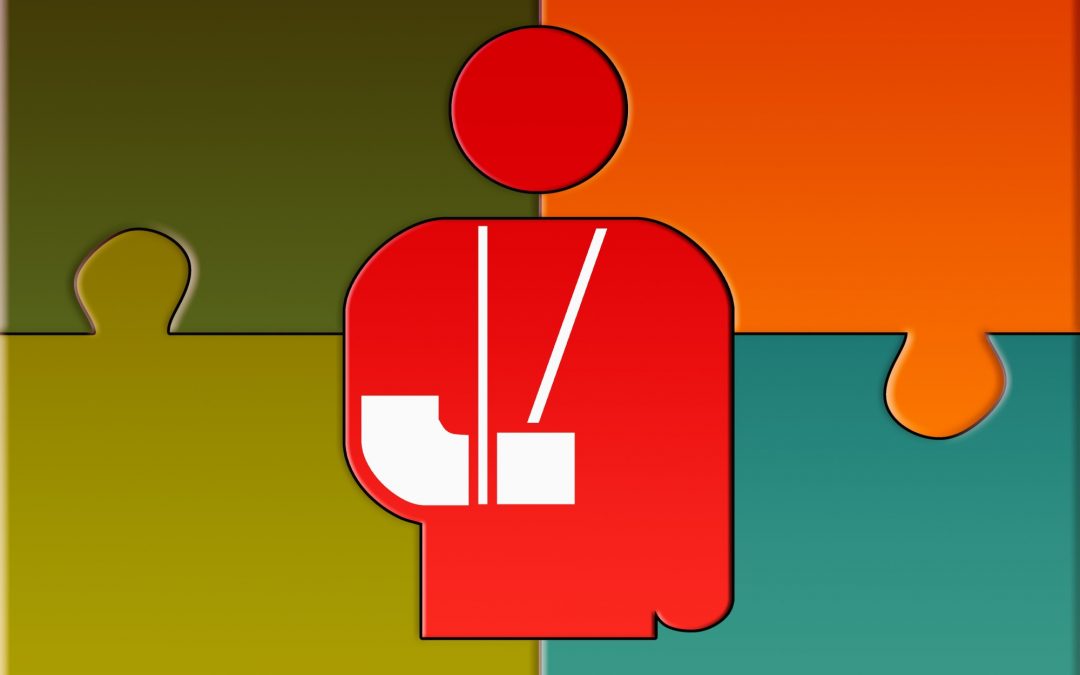Did you know that 61 million adults in the United States live with a disability? It’s helpful for employers to offer benefits. Employees are more likely to stay loyal to a company that has its back. With disability insurance, you can be a place of business where people want to work. Employers can offer group insurance. But, what are individual disability insurance plans?Keep reading to learn more.
Group vs. Individual Disability Insurance
Employers offer group short and long-term disability coverage as benefits. Individuals can buy policies to supplement a group plan. They can also purchase individual coverage if they don’t have employer plans.Individual disability policies have higher premiums but offer better benefits. This is because applicants are underwritten individually. The benefits and costs of an individual disability insurance plan are guaranteed through contracts.
Long-Term Disability Insurance
Long-term disability insurance pays out monthly benefits to those who become disabled or ill. These problems lead to the inability to work. The benefit period lasts two, five, or 10 years. In some cases, it can last until retirement. The monthly benefit is up to 60% of your gross monthly income. Long-term disability provides the most robust protection. There are two types of long-term individual disability insurance policies:
- Any-occupation disability insurance
- Own-occupation disability insurance
There are also three subsections of own-occupation disability insurance, they include:
- True own-occupation
- Transitional own-occupation
- Own-occupation, not engaged
Short-term disability insurance plans are good supplements to long-term disability insurance.
Short-Term Disability Insurance
Short-term disability insurance replaces up to 60% of pre-tax income. Although this is the same as long-term disability, the timeframe is different. Short-term coverage lasts for up to one year. Short-term disability insurance from an employer is not individualized. Individuals can, however, opt for an individual short-term policy outside of their employer. These policies are often offered by employers. Some states require employers to offer short-term disability.
Most people use short-term policies to cover living expenses. A long-term policy will kick in later on. For individuals, short-term coverage is pricey. It doesn’t offer comprehensive coverage.
Other Types of Disability Insurance
Among the above policies, there are other types of disability insurance plans. These can complement the coverage you have but don’t offer enough coverage on their own. For example, supplemental disability insurance covers gaps. The coverage you have might not cover the full expense amount. Social Security disability insurance (SSDI) offers payouts to some disabled workers. The application process can take months so it’s best to have another policy in place. The program is difficult to qualify for.
Insurance for Businesses
Individual disability insurance kicks in when employees don’t have enough coverage. Group insurance is offered by employers. If you want to provide benefits to employees, consider group insurance. In some cases, providing insurance benefits is required by law.
Whether you want to offer long-term disability insurance or short-term disability insurance, Semple Solutions can help. Contact us today to get started with a plan that is right for your business.





